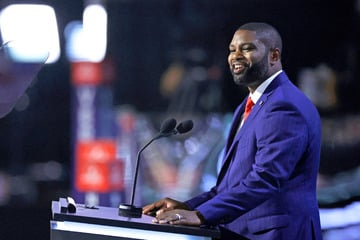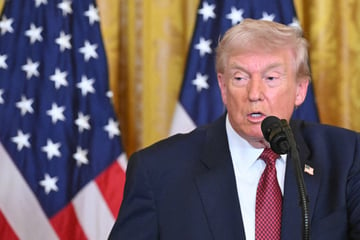Prime Minister Justin Trudeau wins Canadian election, but fails to get majority
Canada – Justin Trudeau's Liberal Party is projected to win Canada's parliamentary election, but looks set to fall short of its goal of regaining an absolute majority.
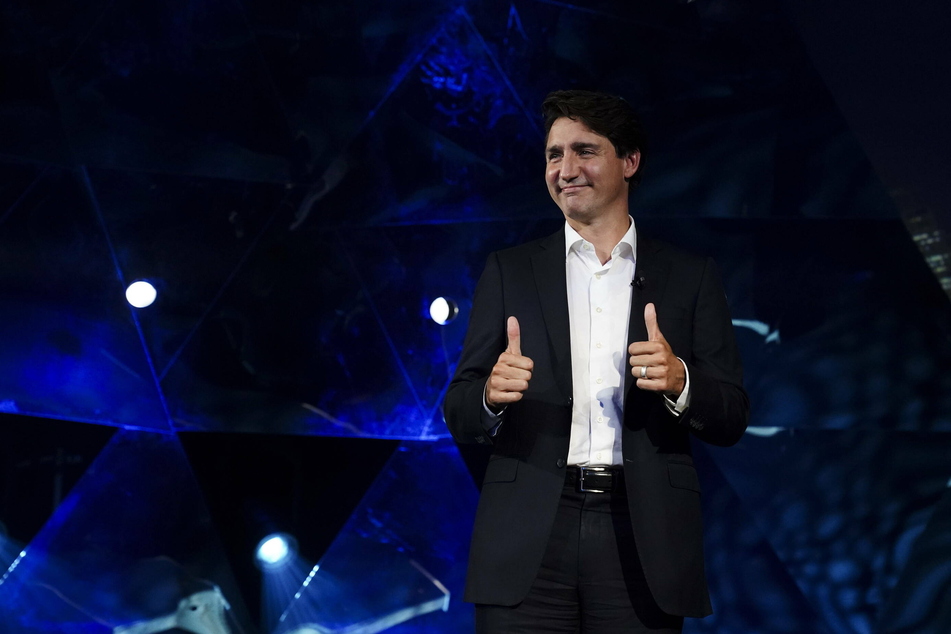
The prime minister's governing party netted around 156 seats compared to some 121 won by the opposition Conservative Party in Monday's election, according to Canadian public broadcaster CBC's forecast based on initial results with more than 90% of polls reporting.
"You are sending us back to work with a clear mandate to get Canada through this pandemic, and to the brighter days ahead," Trudeau said in his victory speech early Tuesday.
Trudeau's party would need 170 seats for an absolute majority, but the outcome so far shows little change since the 2019 elections.
This means the Liberals will continue to rely on the help of other parties. The center-left New Democrats (NDP) and the regional Bloc Québécois party were projected to take 27 and 32 seats respectively, while the Greens were only forecast to manage two seats.
Trudeau has held minority government
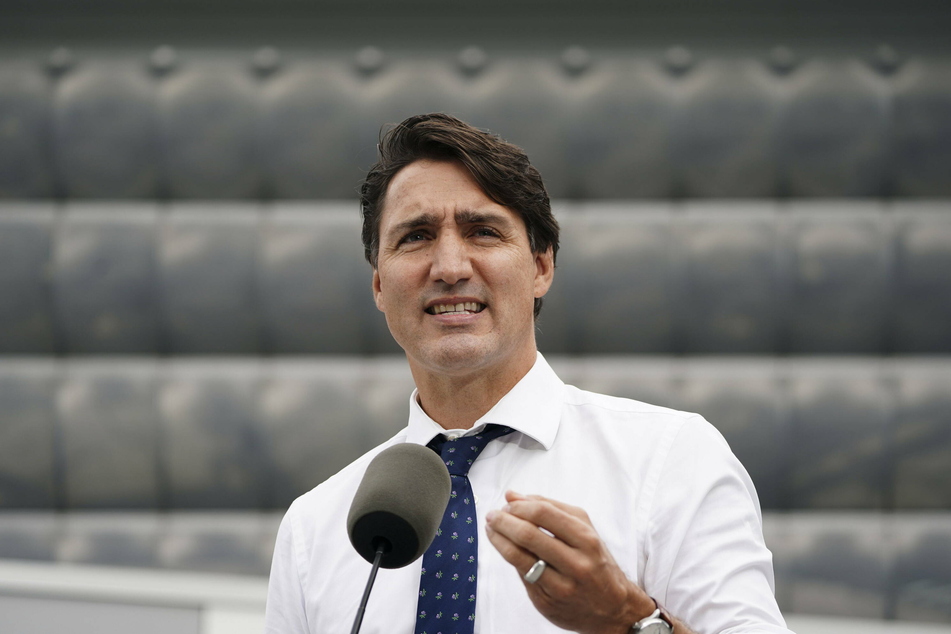
Trudeau has governed the country of almost 38 million people since 2015, but for the past two years he has headed a minority government.
The 49-year-old called the early vote a few weeks ago with the aim of achieving an absolute majority, spurred on by his government's successful coronavirus policy.
He received some criticism for the timing of the snap poll, with some saying it was inappropriate to call an election during a fourth wave of the coronavirus pandemic and with a relatively stable minority government.
Trudeau addressed sceptics in his speech.
"I heard you, you don't want us talking about politics or elections anymore. You want us to focus on the work that we have to do for you."
He cited ending the pandemic, fighting the climate crisis and providing better childcare as priorities.
"Our team, our government is ready," Trudeau said.
Trudeau accused of attempting "power grab"
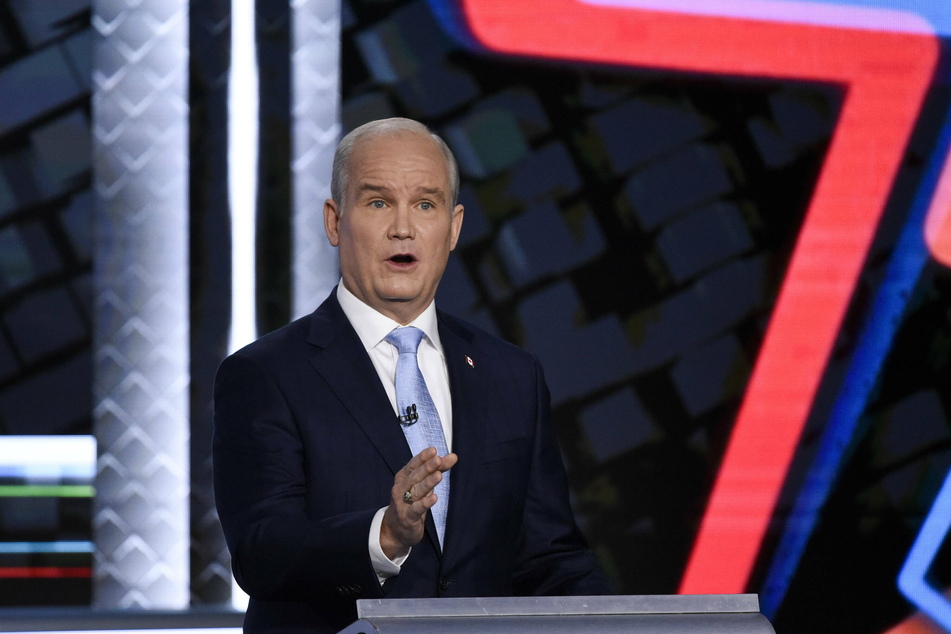
But the race between Trudeau's Liberals and the Conservatives led by Erin O'Toole, has been tight.
O'Toole said Trudeau had been hoping for a "quick power grab."
"Canadians sent him back with another minority at the cost of $600 million, and deeper divisions in our great country," he said.
The country's divisions must be healed, rather than put at risk of being worsened for "selfish gain," he said, in a jab at Trudeau.
The last federal vote brought the Liberals 157 seats, while the Conservatives won 121. That led to Trudeau's minority government – a frequent outcome in Canadian politics, with coalition governments rare.
Mandates in the 338 constituencies are distributed according to the principle of absolute majority. This traditionally favors the Liberals.
In addition to the climate crisis, domestic political issues such as the rising cost of living and health care dominated this election campaign.
Cover photo: IMAGO / ZUMA Press
